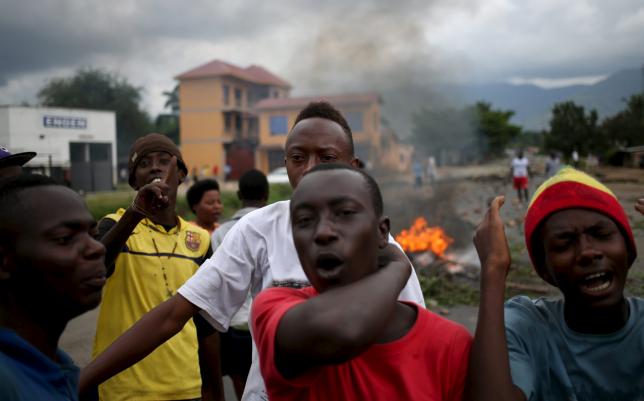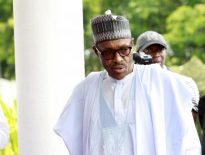The U.N. special envoy to the Great Lakes region has quit his role facilitating talks between rival factions in Burundi’s political crisis but is staying on in his broader regional position, a U.N. official said on Thursday.

Said Djinnit has hosted dialogue between the government, the ruling party, opposition parties and civil society groups to try to resolve a row over President Pierre Nkurunziza‘s bid for a third term, but there have been only limited signs of progress.
A series of elections have been delayed by weeks of unrest and violent clashes between police and protesters, plunging the nation into its worst crisis in a decade and alarming a region which has a history of ethnic killing.
Djinnit has faced criticism from the opposition, who said he was biased towards the government, a charge he dismissed.
“He has just left his work as facilitator for the dialogue in Burundi, the spokesman for the U.N. mission in Burundi, Vladimir Monteiro, said. He remains the special envoy.
Monteiro did not give a reason and it was not immediately clear if the United Nations would assign a new mediator.
In a statement late on Wednesday which did not specifically mention that Djinnit was quitting the facilitation role, the U.N. envoy thanked all the parties for their cooperation during the dialogue that he facilitated with impartiality.
The special envoy encourages the Burundian parties to continue their dialogue with a view to create conditions conducive to holding free, fair, inclusive and peaceful elections, the statement said.
Opponents of Nkurunziza say he is violating the constitution and a peace deal that ended an ethnically charged civil war in 2005 by seeking a third term. The president cites a constitutional court ruling saying he can run.
The parliamentary vote will now take place on June 26, followed by a presidential poll on July 15.
(Writing by Edmund Blair; Editing by Louise Ireland)





